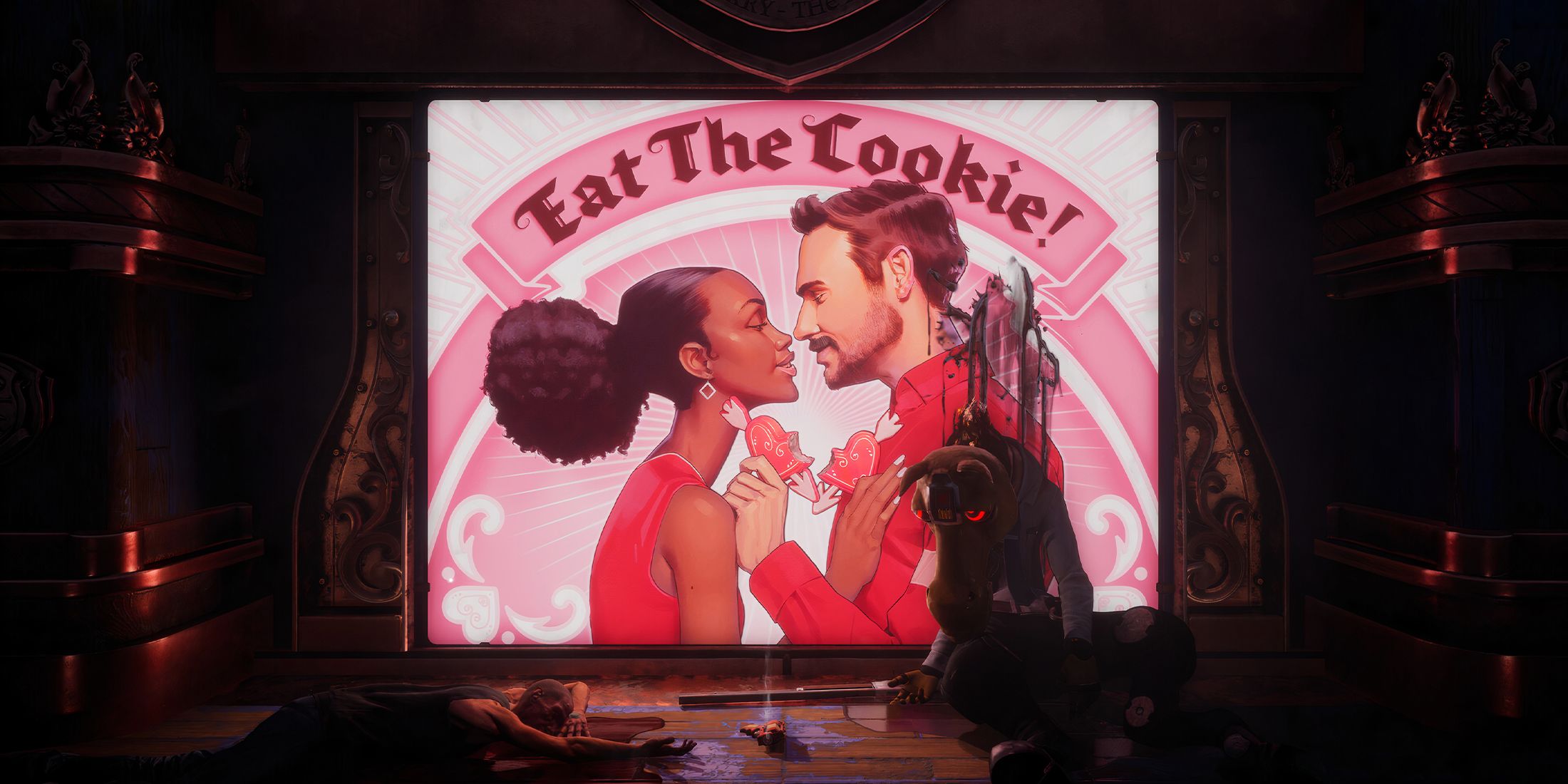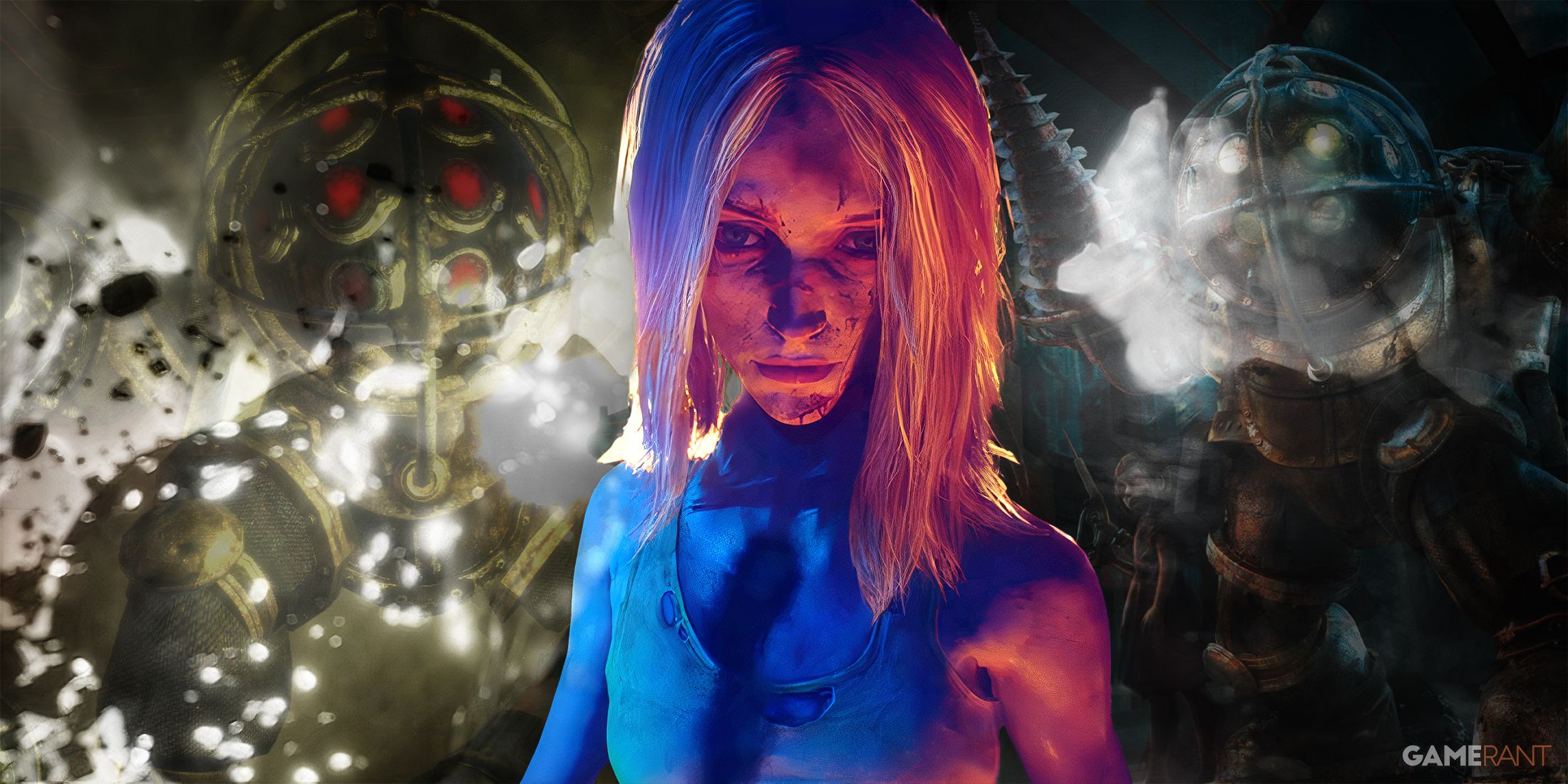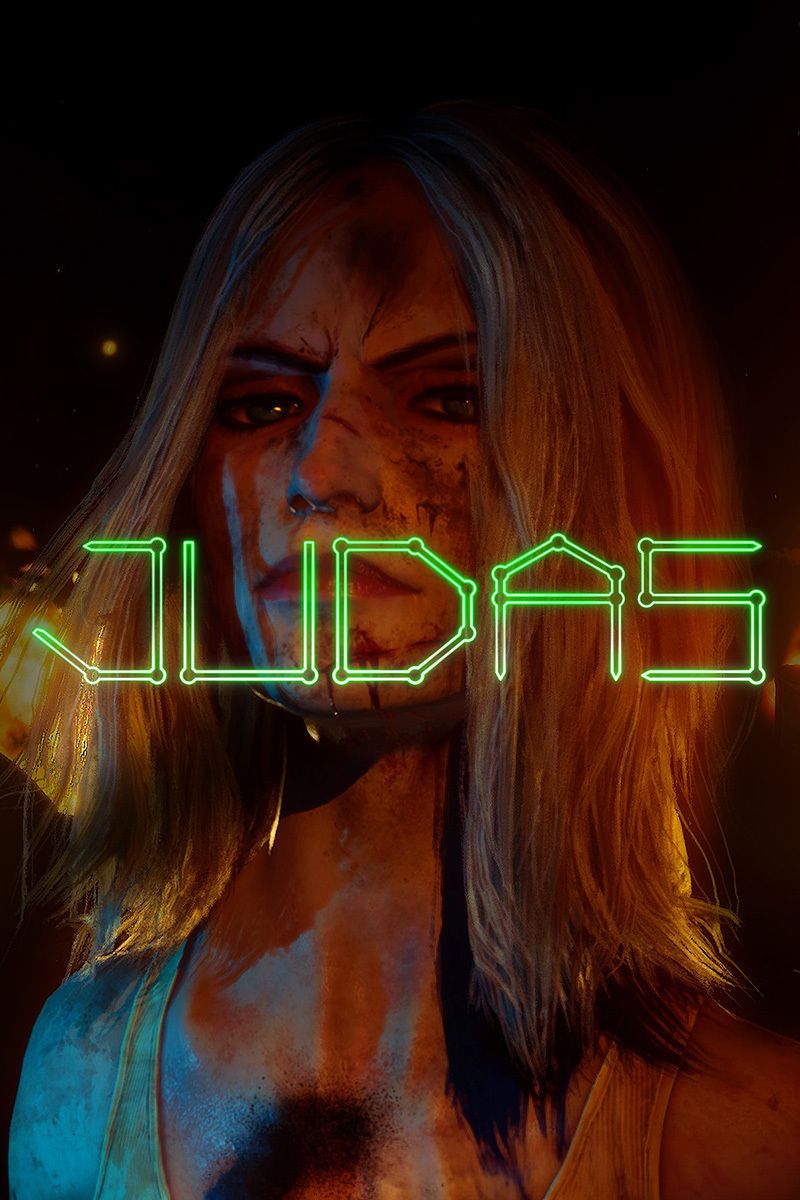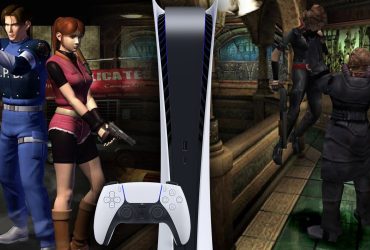Key Takeaways
- Judas must fully embrace its Roguelike gameplay to distinguish itself from BioShock.
- Potential BioShock comparisons may hinder Judas’ reception, so its Roguelike elements could be key to its success.
- Fully leveraging its Roguelike elements can differentiate Judas from BioShock.
Ken Levine and Ghost Story Games’ Judas is already set up to be one of the most distinctive experiences in gaming thanks to its unique world and narrative system. In Judas, players control Judas, who has recently awakened the machines aboard the Mayflower, a spacefaring city on a mission to save humanity, to their own artificial makeup, sending the city on a path of destruction. Now, players must work together with the three leaders of the Mayflower to achieve whichever outcome they deem is best.
Judas‘ narrative LEGO system claims to give players an unprecedented amount of control over the game’s story, and that alone may be enough to give it the edge it needs to stand out. That being said, the ease in which onlookers can compare Judas to BioShock means it should do whatever it takes to lean into its most defining elements — its Roguelike gameplay being one of the chiefest among those.

Related
Judas Needs to Narrow Its Release Window Down Sooner Rather Than Later
Ken Levine’s Judas is running out of time to reveal a more concrete release window, so disclosing that sooner rather than later is probably best.
Judas Should Lean Into Its Roguelike Gameplay
Judas Has Already Been Labeled a BioShock Clone
Judas may have a lot of unique gameplay elements that have already been unveiled by Ken Levine and his team at Ghost Story Games, but that hasn’t been enough to keep it from being labeled a BioShock clone. The comparisons are understandable, to say the least, as Judas‘ dark, dystopian vibes are highly reminiscent of BioShock, and its first-person combat looks nearly identical as well. However, only small, out-of-context glimpses of Judas‘ gameplay have been shown so far, so these similarities may only appear as such and be far different on a deeper level.
The problem with Judas initially appearing to resemble BioShock is that it could be dismissed if both its appearance and substance end up being too much like its spiritual predecessor. Additionally, although BioShock 4 is supposedly still in development, Judas could potentially be regarded as little more than a placeholder for BioShock 4 until its release. As such, Judas will need to do whatever it takes to distinguish itself from the acclaimed franchise, especially considering it is a brand-new IP.
Fortunately,
Judas
‘ Roguelike elements might be able to set it apart from
BioShock
, but it will need to ensure it takes full advantage of those features in order to do so.
Judas Leaning Into Its Roguelike Gameplay Would Help Set It Apart
The BioShock franchise has never featured Roguelike elements before, which makes Judas a first for Ken Levine. Although Levine has confirmed that Judas is not a Roguelike game by definition, it nonetheless has substantial traces of Roguelike gameplay sprinkled throughout its chaotic world. More specifically, when players die in Judas, they are “reprinted” in a machine similar to a 3D printer and are given an opportunity to upgrade Judas’ stats and abilities before continuing. Players are also allowed frequent opportunities to modify the Mayflower with each run, placing an even greater emphasis on Roguelike gameplay.
It’s unclear just how much Judas will lean into its Roguelike elements, but it’s arguably all but necessary that it do so if it hopes to avoid further BioShock comparisons. Levine seems to be largely unphased by Judas‘ comparisons to BioShock, and that may be because he simply knows more about it than those who have merely seen its trailers. Hopefully, that much is true, and Judas is far different from any BioShock game released before it. At the very least, Judas should take advantage of its most unique features, among which is its Roguelike gameplay.













Leave a Reply